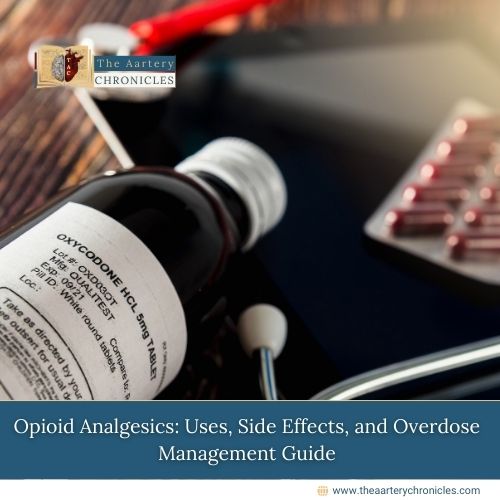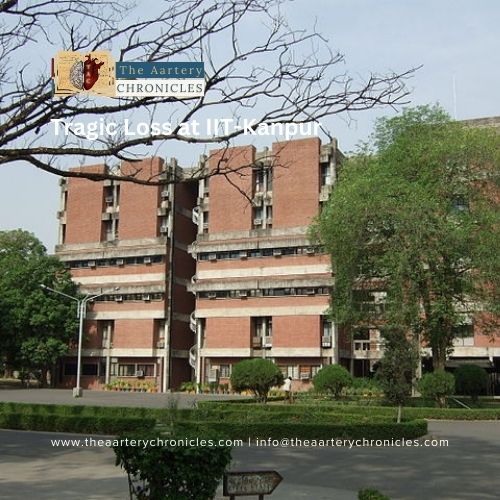

Govt Bans 35 Popular Drugs, Are You Using One of Them?
In a major regulatory move aimed at safeguarding public health, the Central Drugs Standard Control Organisation (CDSCO) has directed all State and Union Territory drug controllers to immediately stop the manufacturing, sale, and distribution of 35 fixed-dose combination (FDC) drugs that have not received safety and efficacy clearance.
These drugs include commonly used painkillers, nutritional supplements, and anti-diabetic medications.
What Are Fixed-Dose Combination (FDC) Drugs?
Fixed-dose combination drugs are those in which two or more active pharmaceutical ingredients (APIs) are in a set ratio. While these combinations can offer convenience and better treatment outcomes, they must undergo rigorous testing to ensure they are safe and effective for patients.
Why the Ban Was Issued
The decision comes after CDSCO found that several FDC drugs were being sold and manufactured without prior evaluation by the central regulatory authority. These approvals had been granted at the State level, bypassing the required central safety reviews.
Dr. Rajeev Raghuvanshi cited a letter issued by his office in 2013, which had previously highlighted the same concerns. Despite repeated warnings, unapproved FDCs continued to receive manufacturing licenses from State licensing authorities.
Serious Risks to Public Health
The CDSCO emphasized that the sale of unapproved FDC drugs poses serious health risks. Without proper evaluation, these drugs may cause adverse reactions, harmful drug interactions, or ineffective treatment due to the lack of scientific validation.
The letter from the DCGI highlighted that this issue violates the New Drugs and Clinical Trials (NDCT) Rules, 2019, as outlined in the Drugs and Cosmetics Act, 1940.
Licensing Gaps and Regulatory Loopholes
In response to show cause notices, some manufacturers claimed that they had followed the licensing process as per State regulations and did not violate any rules. However, the CDSCO pointed out that this lack of uniform enforcement across States has created regulatory loopholes and compromised patient safety.
States Asked to Review Drug Approvals
To prevent future violations, all State and UT drug controllers have been instructed to review their approval procedures for fixed-dose combinations and ensure strict adherence to national drug laws.
The CDSCO has also provided a list of the 35 FDC drugs that were either cancelled by State Licensing Authorities (SLAs) or voluntarily withdrawn by manufacturers after being served show-cause notices.
Conclusion
The ban on these 35 FDC drugs underscores the importance of centralized regulatory oversight in ensuring drug safety in India. Authorities have been urged to strengthen their internal processes and enforce drug laws uniformly across the country to avoid putting patients at risk.
As the government continues to monitor and regulate the pharmaceutical industry, ensuring the safety and efficacy of medicines remains a top priority.
Source: Inputs from various media Sources

Priya Bairagi
Reviewed by Dr Aarti Nehra (MBBS, MMST)
I’m a pharmacist with a strong background in health sciences. I hold a BSc from Delhi University and a pharmacy degree from PDM University. I write articles and daily health news while interviewing doctors to bring you the latest insights. In my free time, you’ll find me at the gym or lost in a sci-fi novel.








